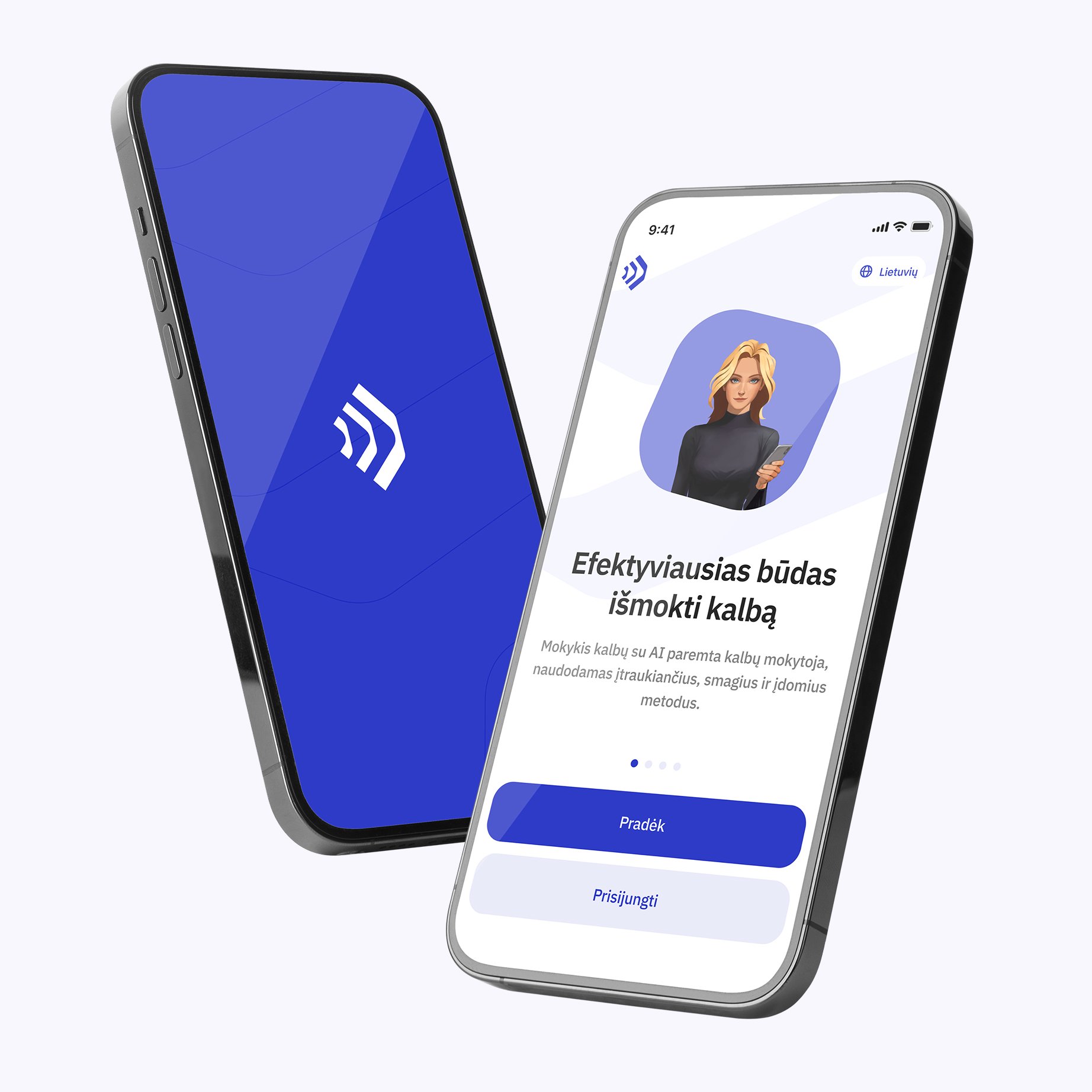Sąlyginių jungtukų pratimai – Pirmasis sąlyginis (realios sąlygos)
2. You *will get* sick if you don’t wear a coat. (Pasekmė priklauso nuo sąlygos)
3. If she *studies* hard, she will pass the exam. (Tikėtinas veiksmas)
4. We *will go* to the park if the weather is nice. (Veiksmas priklauso nuo oro sąlygų)
5. If I *am* late, please start the meeting without me. (Dabartinė būsena)
6. If they *invite* us, we will come to the party. (Galimas kvietimas ateityje)
7. You *can’t drive* if you don’t have a license. (Privaloma sąlyga)
8. If he *feels* tired, he will take a rest. (Tikėtinas veiksmas pagal sąlygą)
9. I *will call* you if I need help. (Ateities veiksmas pagal sąlygą)
10. If we *leave* now, we will arrive on time. (Veiksmas ateityje priklauso nuo sąlygos)
Sąlyginių jungtukų pratimai – Antrasis ir trečiasis sąlyginiai (nerealu ir praeities sąlygos)
2. She *would buy* a new car if she had enough money. (Nerealus veiksmas dabartyje)
3. If they *had studied* harder, they would have passed the exam. (Praeities sąlyga, kurios nebuvo)
4. We *would go* to the beach if it were sunny. (Nerealus sąlygos veiksmas dabartyje)
5. If he *had told* me the truth, I would not be angry. (Praeities situacija)
6. You *would feel* better if you ate more vegetables. (Patartina dabartyje)
7. If I *had known* about the meeting, I would have come earlier. (Praeities sąlyga)
8. If she *were* here, she could help us. (Nerealus dabarties veiksmas)
9. They *would have helped* if they had been informed. (Praeities sąlyga su pasekme)
10. If we *had left* earlier, we wouldn’t have missed the train. (Praeities veiksmas, kuris neįvyko)










